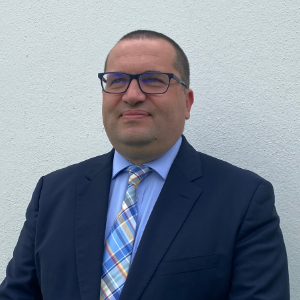Le 20 Jul 2022
Rabah Arezki is joining the CERDI
In the media
The energy balancing act between security and transition, VoxEU, July 2022
Preventing developing economy debt disasters, OECD Development Matters, May 2022.
Africa's Coup Wave, Project Syndicate, April 2022.
How Africa can reduce its reliance on commodities, The Economist, January 2022
To Fix Foreign Aid, Pay the Poor Directly, Foreign Policy, October 2021
Accelerating Africa’s economic transformation, LSE Business Review, September 2021
In the global race over 5G, liberalisation and regulatory independence are key, LSE Business Review, June 2022
Preventing developing economy debt disasters, OECD Development Matters, May 2022.
Africa's Coup Wave, Project Syndicate, April 2022.
How Africa can reduce its reliance on commodities, The Economist, January 2022
To Fix Foreign Aid, Pay the Poor Directly, Foreign Policy, October 2021
Accelerating Africa’s economic transformation, LSE Business Review, September 2021
In the global race over 5G, liberalisation and regulatory independence are key, LSE Business Review, June 2022


